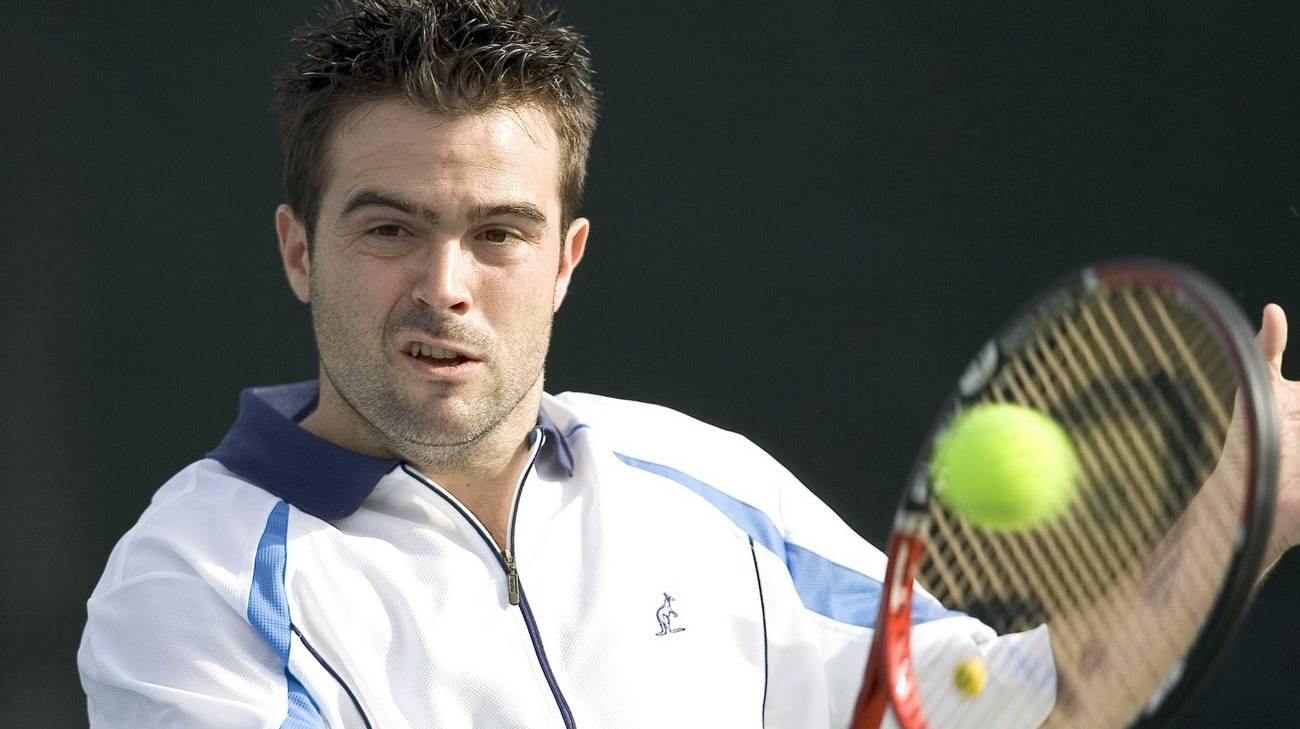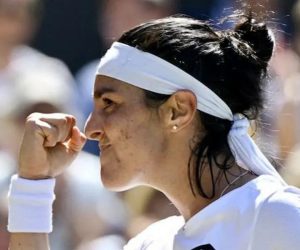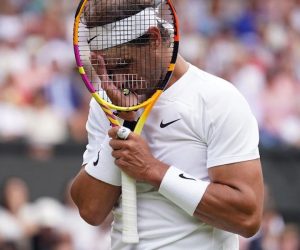The sport of tennis received another serious charge of match fixing, the second scandal in as many years. Spanish police said 83 people were indicted, including 28 professional players, in a scheme that was run by an Armenian crime gang.

The ring bribed lower level tennis players to fix matches, though Spanish police said one player participated in the US Open last year. None of the players that allegedly received the payoffs were named. The police announced on Thursday they raided 11 houses in October, arresting 15 people and confiscating luxury vehicles, a shotgun, credit cards, and $191,000 in cash.
“The suspects bribed professional players to guarantee predetermined results and used the identities of thousands of citizens to bet on the pre-arranged games,†European Union law enforcement agency Europol said in a statement. “A criminal group of Armenian individuals used a professional tennis player, who acted as the link between the gang and the rest of the criminal group.â€
Authorities Outline Scheme
The intermediary between the criminals and the tennis players was identified as Spanish professional Marc Fornell-Mestres. The 36-year-old, who was ranked 1,007 in singles and 772 in doubles last year, was suspended in 2018 by the Tennis Intergrity Unit (TIU) after an investigation into “alleged breaches of the Tennis Anti-Corruption Program.â€
Spanish police said Fornell-Mestres made contact with lower level tennis players, then members of the Armenian ring bribed those players to guarantee a predetermined result. The gang would then use several thousand identities to set up accounts at betting sites to place wagers on the matches. They also attended the contests to make sure players complied with what was previously agreed upon.
Europol suspects that there may be a connection between this operation and a similar one that was broken up last year by Belgium police. Officers in that country arrested 13 and said an Armenian gang had targeted lower-level tennis matches.
‘Tsunami’ of Corruption
According to the TIU there are approximately 14,000 professional players, but only about 600 earned enough money to cover the annual cost of competing. In a report that was sanctioned by several tennis organizations, including the ATP and WTA, more tennis players were disciplined for violations of anti-corruption rules than in any other year since the body’s creation.
There were 21 individuals that violated anti-corruption rules, most of whom were sanctioned for match-fixing or betting offenses. The TIU also reported eight players were banned for life, including Italian Daniele Bracciali and Ukrainian Dmytro Badanov.
The report stated there was “a lamentably fertile breeding ground for breaches of integrity.†The incidents were confined to mostly the lower levels of the sport.
However, last year a doubles match at Wimbledon was investigated for impropriety in a first-round men’s doubles match. Employees at internet gambling site Pinnacle Sports, which has its headquarters in Curacao, noticed betting irregularities.
Pinnacle’s sports integrity manager Sam Gomersall said several bets were made from accounts that had been flagged. He said they immediately notified officials at the Grand Slam event.
“We followed our strict protocol when it comes [to] match-fixing alerts by notifying the authorities on site at Wimbledon and reducing our market offering immediately.”











